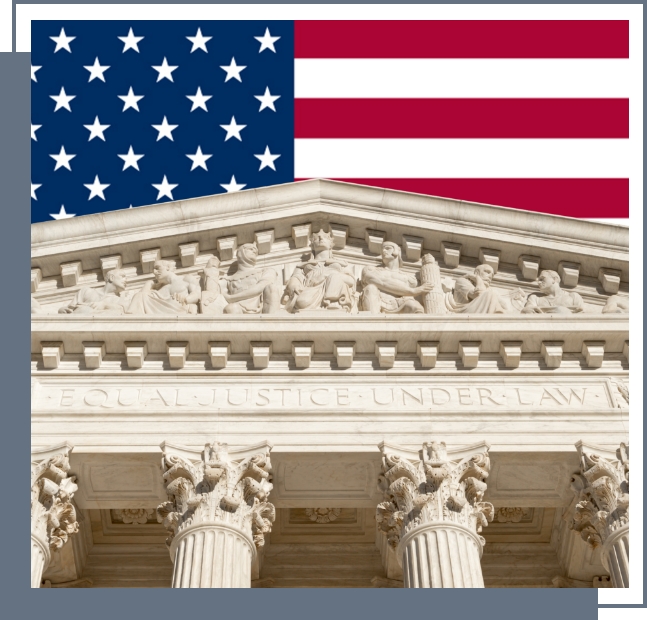
“At its most fundamental, constitutional policing is legal policing—that is, policing that operates within the parameters set by the U.S. Constitution, state constitutions, the body of court decisions that have interpreted and spelled out in greater detail what the text of the Constitution means in terms of the everyday practices of policing.”
“There is a growing recognition among police leaders that constitutional policing is a concept that should be on the minds of police officers, supervisors, commanders, and department leaders on an everyday basis. And rather than focusing only on the narrow question of whether a particular action by an officer can survive legal scrutiny, forward-thinking police leaders are reviewing their policies and practices to ensure that they not only promote community policing and crime reduction, but also advance the broad constitutional goal of protecting everyone’s civil liberties and providing equal protection under the law.”
Source: Police Executive Research Forum. 2015. Constitutional Policing as a Cornerstone of Community Policing: A Report by the Police Executive Forum, April, 2015. Washington, DC: Office of Community Oriented Policing Services.

Police Attorney is
a Police Coach
Constitutional Policing creates Educated Problem Solvers. It requires the Police Professional to be cognizant of the rights, responsibilities and expectations of their position as it relates to police authority, citizen interaction, civil liberties, equal protection and decision-making options. Quality coaching of Police Officers on Constitutional and Holistic principles will allow them to have the educational background to have a tempered response, professional poise and a holistic approach when solving the problem presented.

Constitutional and Holistic Policing Pillars
- Police Officers are Problem Solvers.
- Police Officers are taught the legal analysis, not just given the answer. Therefore, they must have an elite understanding of the legitimate constitutional requirements and protections while having the professional confidence to apply those standards in an objectively reasonable, fair and impartial manner.
- The tools on the gun belt, are most likely, not going to be the tools needed to solve the problem presented.
- The Police Officers greatest tool is their Mind.
- Training the “When” is as important has training the “How.”
